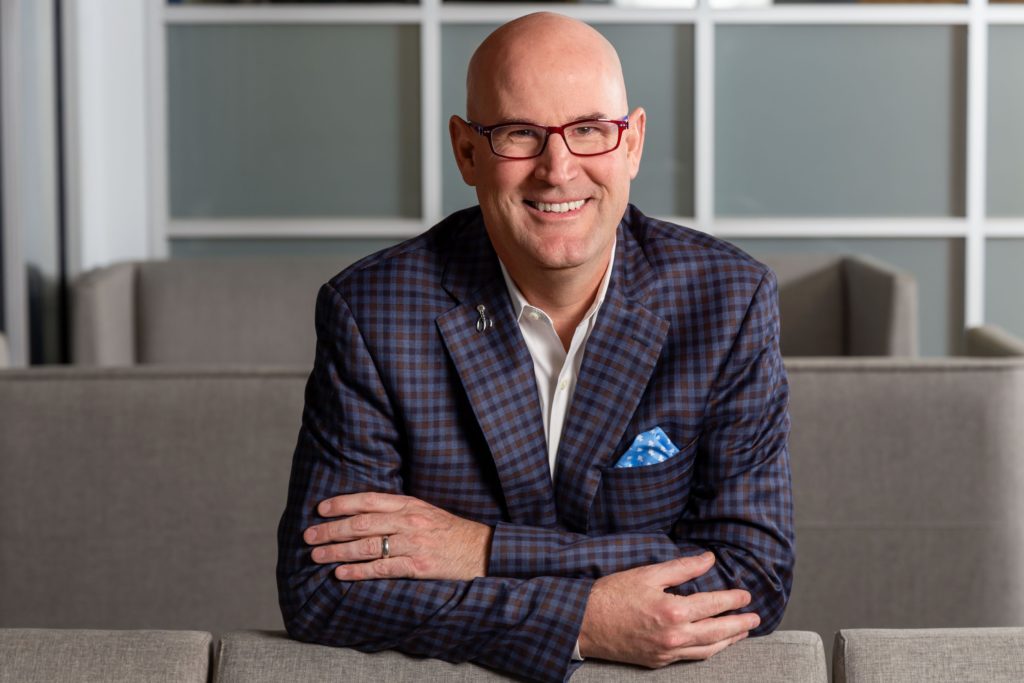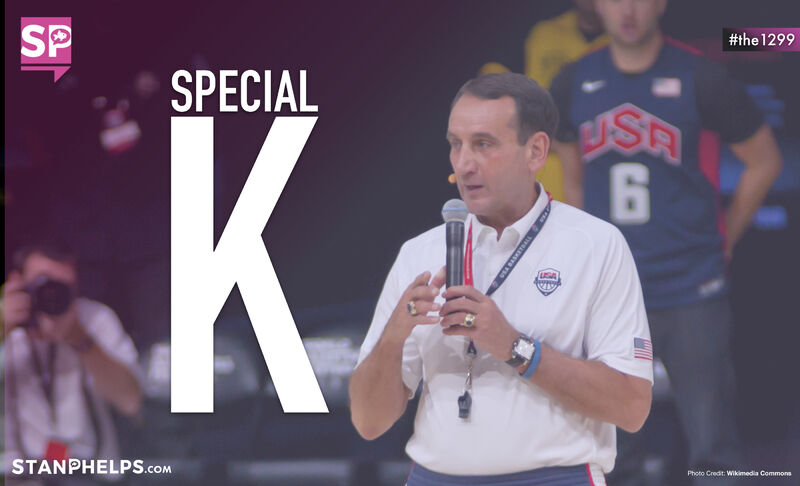Three things Coach K can teach us about business.
First, we have to understand how Mike Krzyzewski became Coach K.
Mike played basketball under legendary coach Bobby Knight at West Point. Upon graduating in 1969, Mike began fulfilling his service commitment in Fort Carson, Colorado. In his off-duty hours, he would work out and play with the post basketball team. But his superior officer didn’t approve. The colonel told Mike, “No officer of mine is going to be wasting his time playing basketball.”
Then there was a little serendipity. General Rogers, the former commandant at West Point, was assigned to Fort Carson. The general asked Mike why he wasn’t playing and then according to Coach K,
“The general went to the colonel. ‘Why isn’t Lieutenant Krzyzewski playing on the post basketball team?’ he asked. ‘When the colonel responded that he just didn’t think it was good for an officer to participate, General Rogers replied: ‘Well, Colonel, the question is not, ‘Should Lieutenant Krzyzewski be playing basketball on our team.’ The question is, ‘Should we have a team?’ If the answer to that question is, ‘Yes, we should have a team,’ then we should have the best damn team we can possibly have.’ The colonel then agreed that the post should have a basketball team. ‘Well, Colonel,’ said the general, ‘then Lieutenant Krzyzewski will play basketball. And not only that, he will coach the team.'”
Lesson 1. Commit to being the best you can be
For our second lesson, we need to go back to Mike’s upbringing in a working-class Polish neighborhood in Chicago. His best friend was named Moe.
According to Mike,
“Moe went to Gordon Tech, which was our rival. But when we’d play Gordon, Moe was always cheering for me…Actually, he was the only guy in our group who had a car. And during the entire ride home, he’d tell me how great I was during the game. And when I got to the house, my mom would be waiting up-not to check on me but to talk to me a little bit…
Mom would tell me that I played a great game. ‘I’m very proud of you,’ she’d say over and over again… Anything that I felt good about, my mom and dad felt better about. Everything that I did was supported… In general, I’d like to think that what my mom felt about me, I can feel about the players on our Duke basketball team. If I can provide that kind of support system for our team where the managers feel good, the assistants feel good, the freshman feels good about the senior, and the senior about the sophomore, and so on…”
Lesson 2. Create a culture where everyone feels supported. Show your team that you care… and they will as well.
Each year the Duke team gathers to start the season. Coach K shares, “We have only one rule here: Don’t do anything that’s detrimental to yourself. Because if it’s detrimental to you, it’ll be detrimental to our program and to Duke.”
Coach K keeps it simple, “Too many rules get in the way of leadership.”
Lesson 3. Eliminate rules
Follow me on Twitter or LinkedIn.

Stan Phelps walks the walk. He stands out in the sea of sameness by modeling his own Differentiated Experience (DX) message: Differentiation isn’t just about what you say, it’s about what you do and, more importantly, how and why you do it. Stan leverages his unique collection of 5,000+ case studies on customer, employee, and brand experience to engage audiences with informative learning-based experiences. He believes purposeful DX wins the hearts of employees and customers, and differentiation ultimately boosts loyalty, retention, referrals, and results.
Find Stan’s in-person and virtual keynotes, workshops, and Goldfish tank programs at StanPhelps.com.

